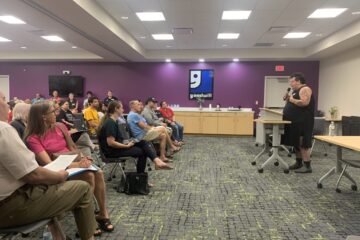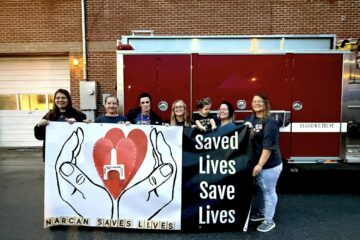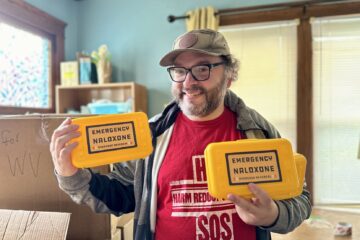Full Article by Leah Willingham | AP News
On Monday night, the Charleston City Council voted 17–9 to reject a proposal from the Women’s Health Center of West Virginia to start a syringe service program — despite overwhelming public health evidence that such programs curb HIV, hepatitis C, and fatal overdoses. The decision comes as Charleston continues to grapple with the aftermath of being declared the site of the nation’s “most concerning HIV outbreak” by the CDC in 2021.
Supporters of the program warned that without action, the city’s overdose and infection rates will continue to climb.
Dr. Frank Annie, a sponsor of the proposal and a cardiovascular researcher at CAMC, urged councilors to act:
“Our city is dying — it’s our responsibility to do something about it.”
Dr. Adina Elise Bowe, an addiction psychiatrist, asked leaders to stay grounded in facts, not fear:
“Put emotions aside and look at the evidence.”
Opponents raised concerns about broader community investment and feelings of being left out of decision-making.
Christy Day, a west side resident, said:
“I’m tired of coming to city council to talk about programs like syringe service without an equity plan focused on bringing other needed resources.”
Larry Moore, the council member for the west side, echoed the frustration of his constituents:
“People in my community feel like they haven’t always had a voice.”
Meanwhile, voices from the recovery community stressed the life-saving importance of harm reduction.
Kenny Matthews, a Black west side resident in recovery, emphasized:
“If we say that we don’t want harm reduction, then you’re saying that you don’t want people to live.”
Charleston Mayor Amy Goodwin said she supported the city’s existing syringe program but voted against this proposal, citing the need for “more medical expert testimony and time to ask questions.” Women’s Health Center representatives noted they had reached out to the mayor’s office back in June.
This vote highlights the ongoing tension between public health best practices and political hesitation — even as the need for compassionate, evidence-based solutions in Charleston remains urgent.


